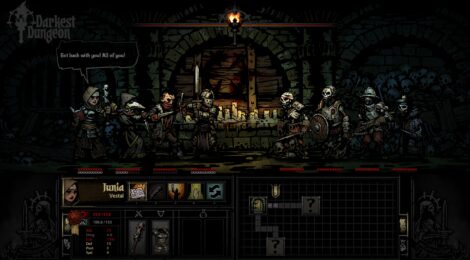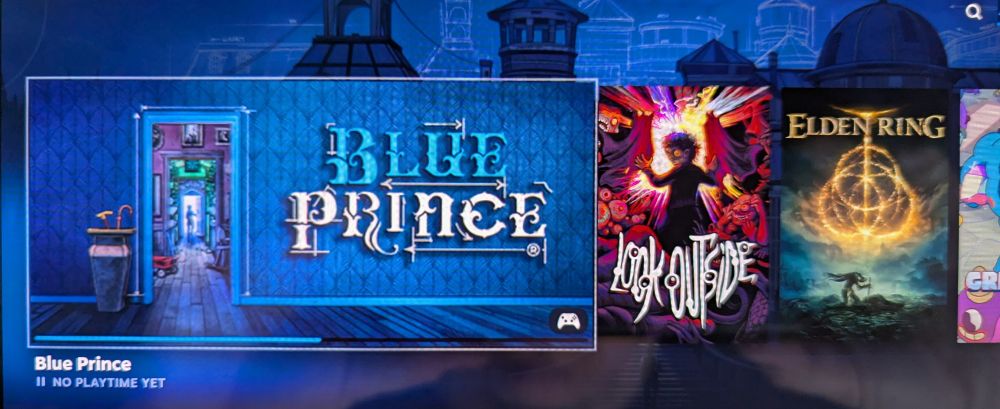
The Enduring Loss
Austin Walker of Giant Bomb recently asked what parts of gaming or gaming criticism or culture his readership might be afraid of losing or seeing forgotten by the collective consciousness.
I had to think about that for a minute. While there’s a lot that I love about the games that have come to us since the early 80s, the more I thought about it, the more I started to wonder if I really cared about whether or not we held onto it. Not because there isn’t much worth remembering, because there certainly is, but because I don’t know how we differentiate anymore between what’s worth holding on to and what’s easy to throw away. There is so much that exists in the gaming space these days, and so much more that’s created every single day. I can think of any number of games over the last decade that have made me say, “Holy shit, this is one of the most amazing things I’ve ever played,” when talking with someone, and yet most of them I’ve gone on to promptly forget about within a month. I do know the things that I value personally, but I’m not sure how we figure out what we value in this space anymore. Sometimes it seems more like a formula than something real. People keep buying Assassin’s Creed games, after all. But then again, do they really remember them afterward?
I tried to go back and think of what was important or unique about my experiences with games. What was there that cut deeply enough that I was afraid the culture at large might forget it, or not give it its due? It made me wonder: does everyone listen to the exceptionally beautiful chiptunes soundtrack for Final Fantasy Adventure (Seiken Densetsu in Japan) and feel deeply heartbroken by every song the way I do? Can other people think back to the weird thrill of walking into a temple of Dibella in Daggerfall for the first time as a young person, wondering what weird new half-naked character sprites they might stumble upon? I don’t know. And do they need to? The Elder Scrolls franchise is a huge deal now, but most people won’t remember its roots the way I do, and I suppose I’ve more or less made my peace with that. It’s a piece of history, but part of a history that seems to live better in the minds of those who lived through it than in any tangible form, certainly much more so than something like film.
It also makes me wonder about the nature of modern production. The things we do now are both more prolific and more impressive than ever before, capable of taking us to new vistas so far beyond those we’d seen before that the two sometimes don’t even seem comparable. But at the same time, they have in so many ways lost what made those former things iconic. In the overabundance of everything that exists for us to pay attention to in this new millennium, much gets lost in the shuffle. You don’t often see things that are as iconic as, say, the original Super Mario Bros. Yet some of what persists in the collective mind seems to be that which is easiest to forget. When your cultural touchstones lean more toward Call of Duty and Assassin’s Creed, you have to wonder what’s going on.
And maybe it was always like this. To be honest, I’m not the best person to measure cultural relevance versus popular attach rate. In any case, the situation seems to only grow more complicated the more we produce, and while you would expect that more and more quality productions would mean more and more opportunities to have our hearts and souls spoken to by what we engage with, perhaps in the end it’s the overabundance itself that makes everything so forgettable.


Hey people!!!!! Good mood and good luck to everyone!!!!!
This was great to reead
Grateful for shariing this
Thanks, Chris! Gonna buckle down and get er done this year if it kills me.
Looking forward to reading the book when it's ready!